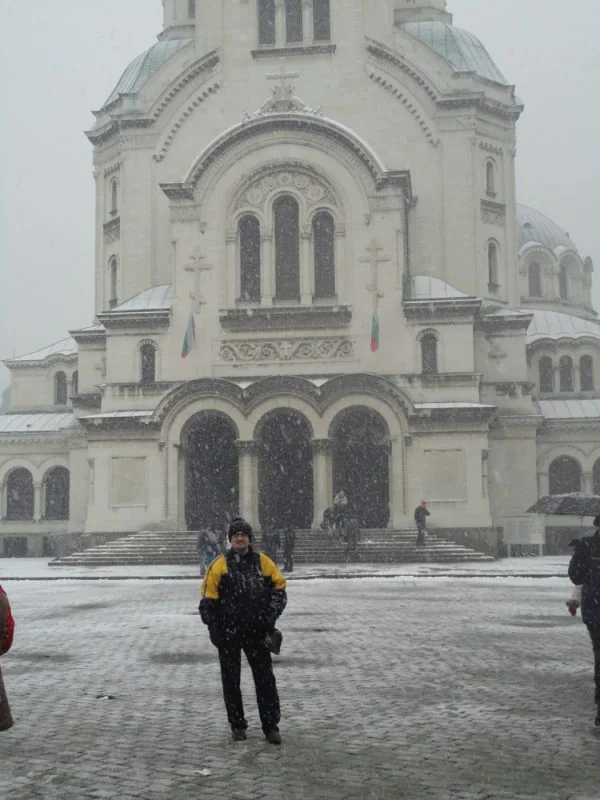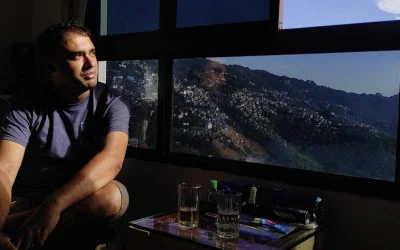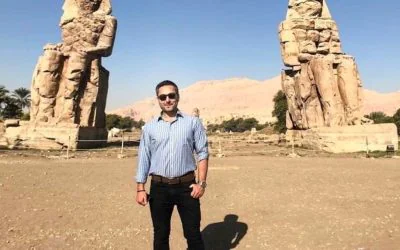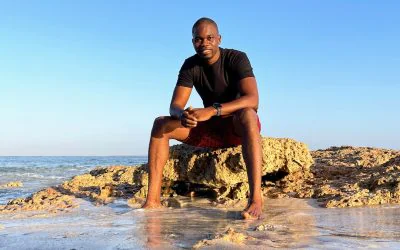Have you ever been pulled to the side at the border for a “random check” and then questioned before you were let into the country? Meet Radwan Ziadeh from Syria who has had this experience no less than 130 times, because this is how many countries he has visited on a Syrian passport! Read on and be amazed. Radwan is an amazing person and a traveller, a true inspiration.
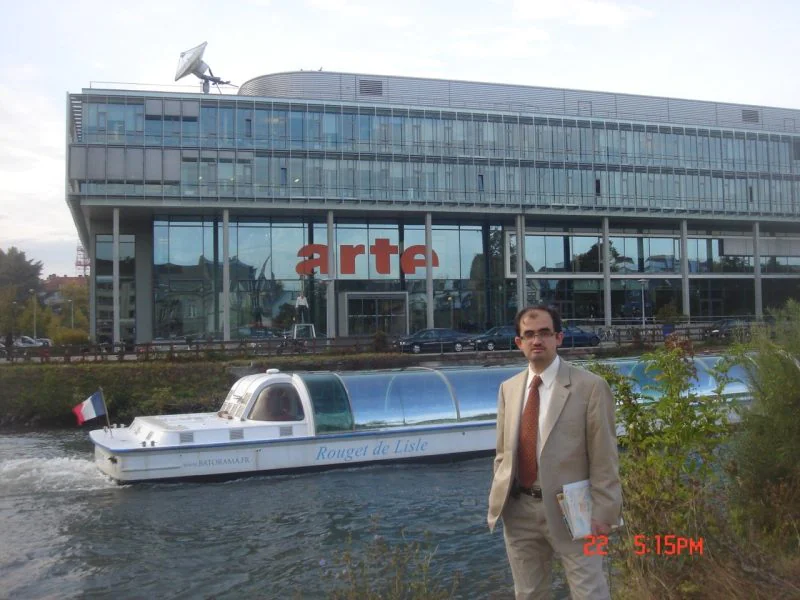
Radwan, can you please tell us something about yourself? Where do you come from and how did your love for travel develop in the first place?
First, thank you very much for this opportunity. I never imagined that I will be talking about myself, about my job or my travels.
I was born and I grew up in Syria. In the nineties, it was very, very difficult to travel because the last president, who ruled Syria for almost 30 years, adopted the Soviet system of travel freedom. If you wanted to travel, you had to get permission. So not only a visa for foreigners to get inside the country but for the nationals to be able to leave the country of origin.
I remember my first trip outside of Syria was in 1999 to Jordan. At that time I was 20 years old. They requested the money, actually. My uncle had to put his money as a deposit for the government to allow me to leave. It was a value of 10,000$ at that time and it allowed me to leave the country only for one month. Had I not returned, my uncle would lose all the money.
That is why it was very difficult to travel then. But when the current president took power he loosened a little bit the restrictions on travel. This is when I travelled around the region for conferences, in Jordan, Lebanon, Egypt, etc.
My first trip to Europe to UK, London, in 2005. Before this trip also a lot was happening. When I applied for a visa for many countries, all got rejected and I was unable to travel for some time. It happened because, in 2004, I applied for a visa to go to Canada for a three months course in English.
They rejected my visa application and they stamped my passport with the rejection. They took one full page just for a rejection. And this is why when you present your passport to any other embassy and they see this, they will also reject your application.
After that, I remember that I locked myself in my room for 20 hours. I was super sad about this incident and for the reason that they discriminate against low-income countries. But I think this incident pushed me to travel all around the world later on because it became a personal challenge at the time and at the same time, it became actually a source of enjoyment and fun to go around the world with the same, Syrian passport.
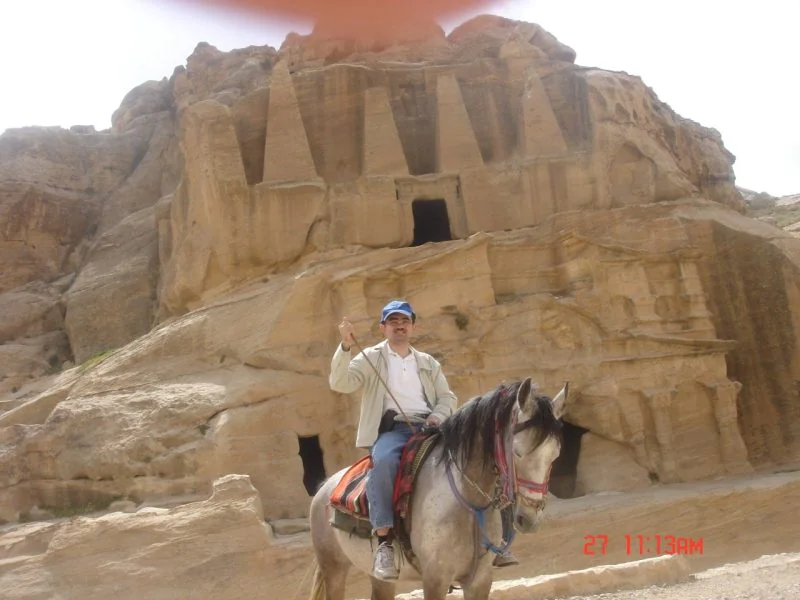
So this bring us to the next question. Do you still travel only with the Syrian passport?
Yes. I have only a Syrian passport, even now when I’m based in the United States. This helps because you have the residency card, but I still have a Syrian passport only and have travelled to 130 UN countries with the Syrian passport.
I can tell you that from every border of those 130 countries, I have a story. They stop you at the border (completely randomly, of course) for an additional check. Even when I come back to the US, they do this sometimes, so I ask them how it’s possible that every time it’s random.
You will read the news, but no one will tell you how much the passport makes it difficult for the Syrian refugees, or for the Syrian citizen who is still holding the Syrian passport.
The Syrian passport ranks on what they call the passport Index as the lowest. It only allows you to travel to three countries around the world. In spite of all, that is the most expensive at 800$. And it’s valid for two years only. The process to get it takes six months.
This is why I think we will use this interview to shed light on how difficult it is for Syrian refugees and Syrian citizens. The Syrian government makes it even more difficult. I know there is a lot of discussion on immigration and refugee status with all the crises in Ukraine happening today, but it also has to be linked to the issue of the human rights of other people to travel.
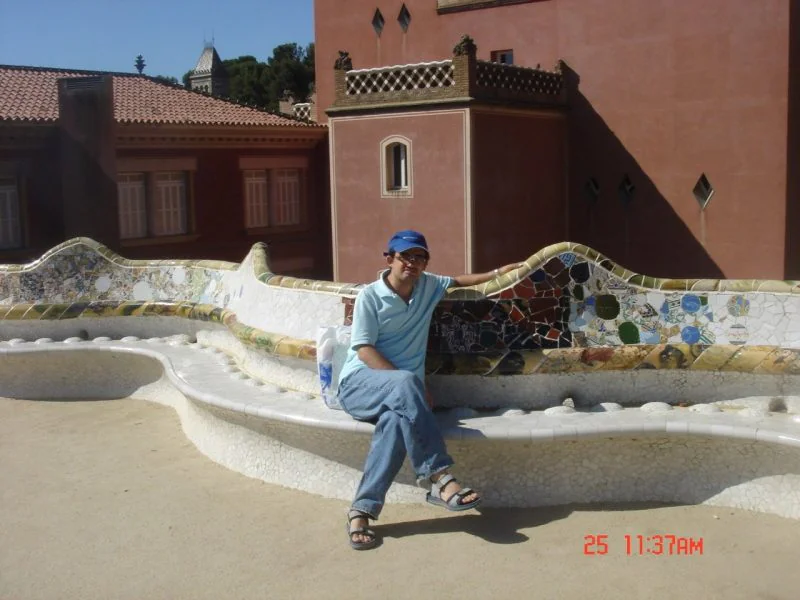
What made you decide to travel only with the Syrian passport? Last time we spoke, you said that even if you would get the US passport, you would still continue traveling with the Syrian one. Are you planning to make something out of it? Like an awarenes campaign or a book or something? And how did being Syrian influence your travels?
Yes, exactly. I have a lot of ideas for a book called Syrian Passport. I’m looking for a publisher who would be interested to publish it. It will be a collection of my personal stories of travelling with a Syrian passport at every border of every country. I can tell you some examples.
There is a country within South Africa, Lesotho. So when I was going to visit South Africa, I thought, okay, I can use this trip to visit one more country. I applied for a visa to Lesotho, which is one of the world’s poorest countries, at the time I think it was one of the 10 poorest.
But when I applied for the visa here at the embassy in Washington, they requested even my Syrian criminal record because of my Syrian passport. I was laughing, I mean, there’s no way for me to get that. So I went to the US police and pulled up my record from here and I submitted it to the embassy here. I got a response two months later just to visit that one small, land-locked country.
Of course, I got tons of rejections from other embassy of, because of my Syrian passport. But you know what, that’s what makes it more fun. You develop a personal persistence to travel and it makes your travel more memorable and more challenging.
That’s, I think what will make my book very interesting because it should allow other Syrian citizens to plan and dream of travelling around the world. At the same time, it would show the difficulties and the double standards of the global citizen concept for low-income countries’ citizens.
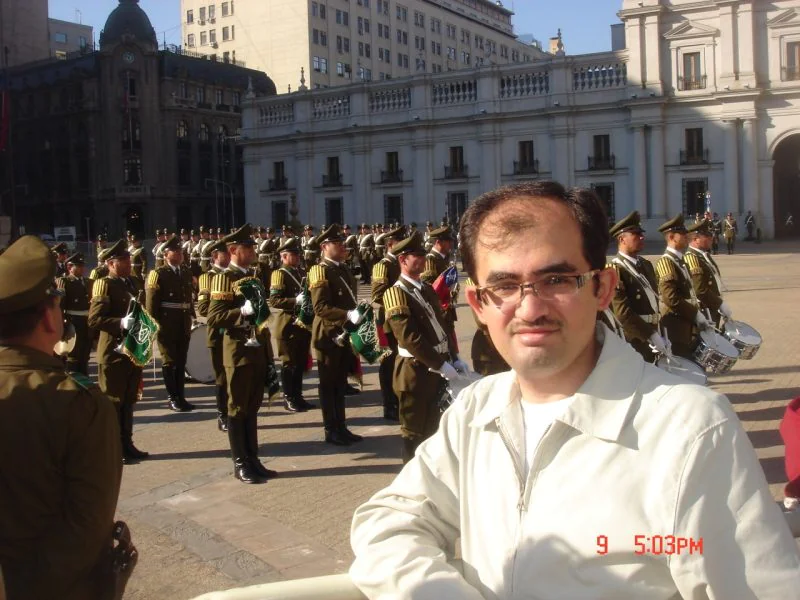
Do you have any specific travel goals? Is the goal only the book, or do you really want to see every country in the world? You’re pretty high up already.
I have several different goals for travel.
The first one, of course, is to discover the world. I like reading books and this is my favourite thing to do. I read a lot, almost a book every week. I like to compare today to the old travellers that we had in the Arabic and Islamic traditions. One of the most famous travellers was called Ibn Battuta. The highest he could reach at that time was Denmark and he called the Denmark the ceiling of the world.
Nothing up beyond Denmark was thought to exist at that time. When I read this book I learned how travel gives you a sense of how much the world has changed and I compared how much we are fortunate with the new technology, new science and new transportation methods to discover areas that our grandfathers and grand grandfathers could not even dream of.
For example, I visited Alaska with my wife and kids. We flew into Fairbanks and then we drove for 450 miles to get to the North Arctic Circle and back. It was amazing to do the trip to the most northern area of the Earth in one day and compare that to Ibn Battuta who actually needed three months to reach Denmark, the ceiling of the world at that time.
The second goal is to actually get to know the culture through travel. Travel opens your mind and it opens your eyes to new systems of government. I’m a scientist and that’s what helped me actually to compare different government systems and also to study the impact governments onto development. We can take a look at the differences between, as one example, the Dominican Republic and Haiti.
Both countries share the same island, but the Dominican Republic is one of the most attractive countries for tourists around the world, especially from the United States, while Haiti is one of the poorest countries. Of course, the difference comes from nothing about the national resources rather than how the government was set up. Government can manage the resources and make them attractive to the tourists and the people. And of course, they can make it functional for their own citizen to excel and develop.
My third goal is to see the impact of travel on my kids and their development. I visited 50 US states of the US so far and all US territories, while my kids visited 40 states. They are 13, 10 and 9. They are getting to know challenging ideas and discover new things every day, which in my opinion makes them much smarter.
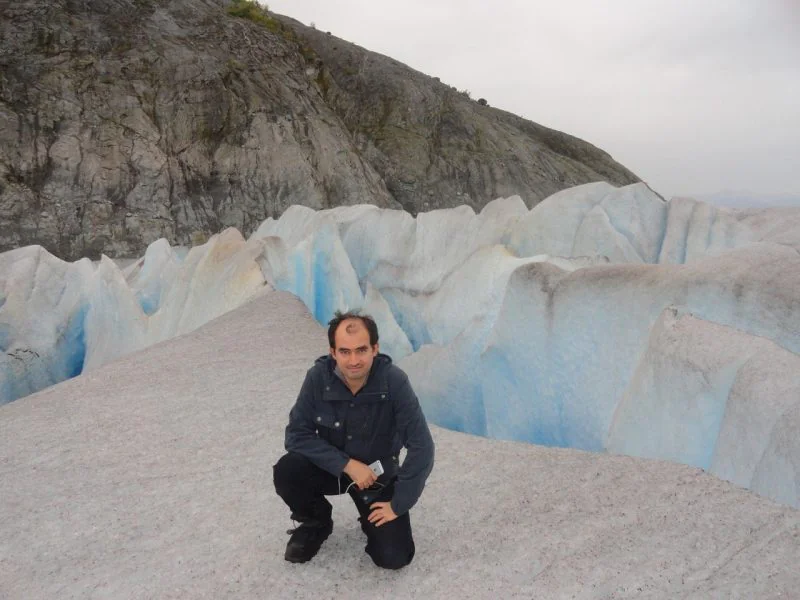
We know that you travel a lot and you also travel for work, but how often is that? How many days during the year would you say that you are on the road and how many days are you at home, for whatever reason?
Yes. My travel started actually for work conferences
And then I got aware of using this extra travel time to visit countries close by. That’s why travelling became a goal itself and to visit all 193 UN countries. It’s a goal by itself because it’s so much fun. And of course to learn from all of this.
It’s unfortunate that because of COVID I was unable to travel outside of the US for almost the last three years. This is why, as I mentioned before, we took the time to travel within the US, along with my kids, to try and transfer the passion for travelling into those little kids, into discovering more. We visited Hawaii last December. We enjoyed the different islands in Hawaii and also we visited Alaska as I just mentioned. Quite a contrast. That was a great use of that time during the pandemic, I guess.
And a word for everyone – if you have a passion for travelling, there should be nothing stopping you from discovering and travelling, even in new cities or, as NomadMania points out nicely – different regions, to make it more expanding. It’s impossible, of course, for anyone to do all of these regions, but it’s also more exciting because you create new goals for travellers.
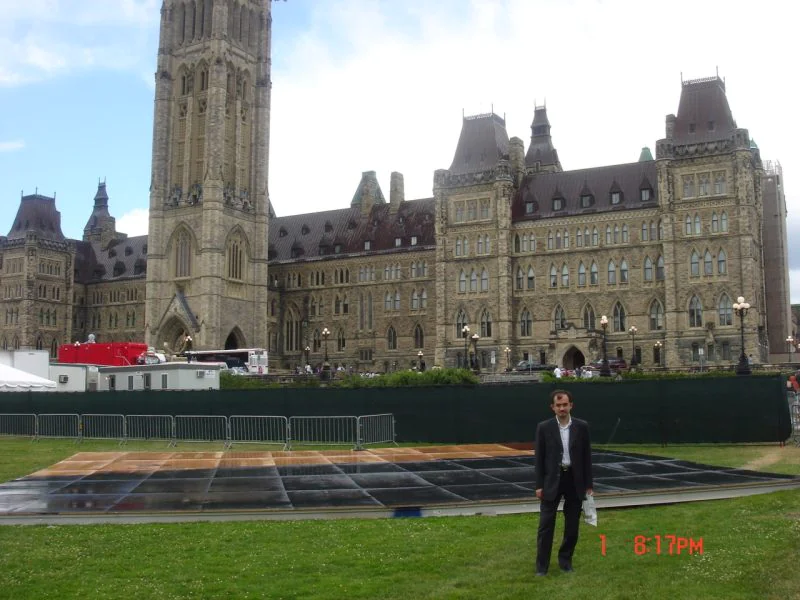
What would you say are your biggest travel interests when you go somewhere? You said that you are interested in the culture, but is there something that you do rather than other things? Do you rather hike or maybe go see museums in the city?
Thank you for this question. I do my homework very carefully. Before any travel, I do a lot of reading about the country. I do a lot of research about the sites and decide where I should go. And of course, I have to visit all the museums, especially nature or history museums. I’m a big fan of history and books, as I mentioned. So I always want to find out more about the history, the culture and the political systems. I spent a month in London, for example, and I visited 82 museums.
And after museums, I have to go to landmarks, including the World Heritage Sights. I’m a political scientist and I’m interested in the concept of justice so when I visited Chile, Argentina or Brazil, I went to the important sights where the crimes have been committed during the political fights there.
The third thing, of course, is you have to try the food. You have to go to one of the local restaurants always and you have to interact with the local people. I use public transport, rarely actually rent a car, to interact with people, and ask them questions. Sometimes you don’t know the language and it’s difficult to find someone that speaks or even understands English. Then you use your hands, gestures and funny sounds, but you always find a way to communicate.
The last thing, of course, you have, can go to the cinema or theatre, if they have one. And then you have a total case. This is why in every country I have to spend at least 48 hours or three days, at least.
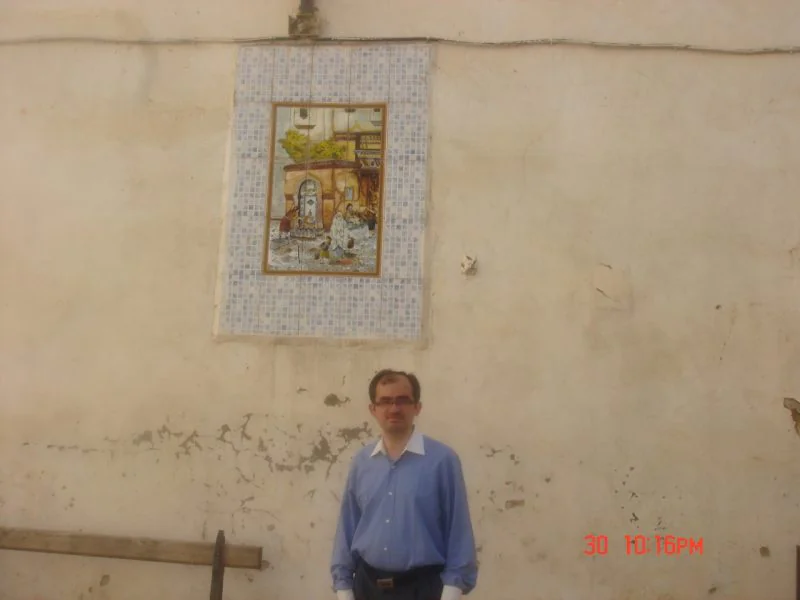
What are some of your favourite dishes from the countries that you visited so far?
I’m maybe biased because I belong to the Mediterranean cuisine. Mediterranean cuisine is always my favourite. French, Italian, and of course Syrian and Turkish. But then of course I enjoy Thai food. Sometimes I find it interesting and better to try the cuisine outside of the country, rather than inside the country.
It happened to me many times. Maybe it depends on the restaurant you visit. For example, I like Indian food, but when I visited India it was horrible and too spicy for me. I got some health issues and this is why I changed my attitude towards Indian cuisine. Since then, I have tried it only outside of India, not inside India.
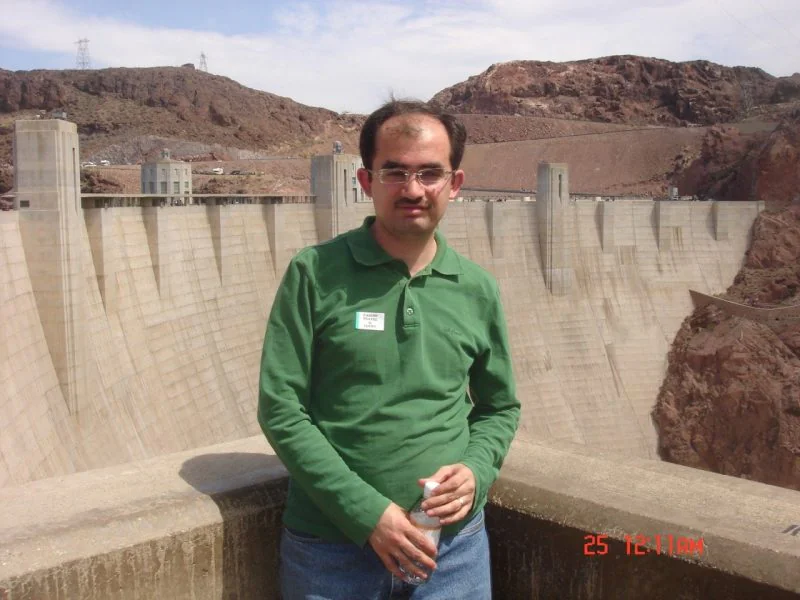
Can you tell us what are some of the biggest surprises that you encountered on your travels so far? Probably you have many stories from the borders, but maybe some within countries as well?
I wasn’t aware of the rule that some of the countries do not allow bringing any fruits or vegetables in.
When I took a flight to Caras, Venezuela, I had taken three bananas with me. During the flight, I ate two, but I still had one left when we landed at the airport. When we landed, three search dogs come to me. I got horrified and they search and they found this one banana. They decided actually to take me into the investigation unit. And then they transferred me to court because I violated the law. They said, the fine is $10,000 and I cannot leave and I cannot stay.
In the room, there was also another American citizen, with the same cause – because of one strawberry. One. You forget it… It wasn’t an enjoyable visit. The same thing happened to me when I was leaving Caras. They searched me, they said that I had drugs. I said that I never even smoked… This is what causes travellers to have to try and give bribes in some countries. I don’t like to do that and it goes against my principles, but at some points, I was forced to think about it.
I can also tell you a story of when I went to Costa Rica and I asked a guy to take a photo of me on one of the sites. After that we became friends and we still communicate today, six years after. And this is why you never know what next travel can bring. Travel creates friendship and a lot of memories from events you never expected. Imagine, someone takes a picture of you and they become your friend for life.
The valuable lesson I learned from all this travelling is to listen. As I said, I do my homework before I travel. I study the country and everything that’s very helpful. But for the countries I went to, actually, I follow up until today. I listen to the news from around the country because you create a sense of being attached to the country after visiting it.
You become interested in their issues, you become a part and then you follow that. This is why I consider myself a global citizen now, interested in all the world’s issues and affairs. It’s impossible to follow all, especially coming from Syria. But I think being an international traveller and a global citizen is an amazing and enjoyable thing.
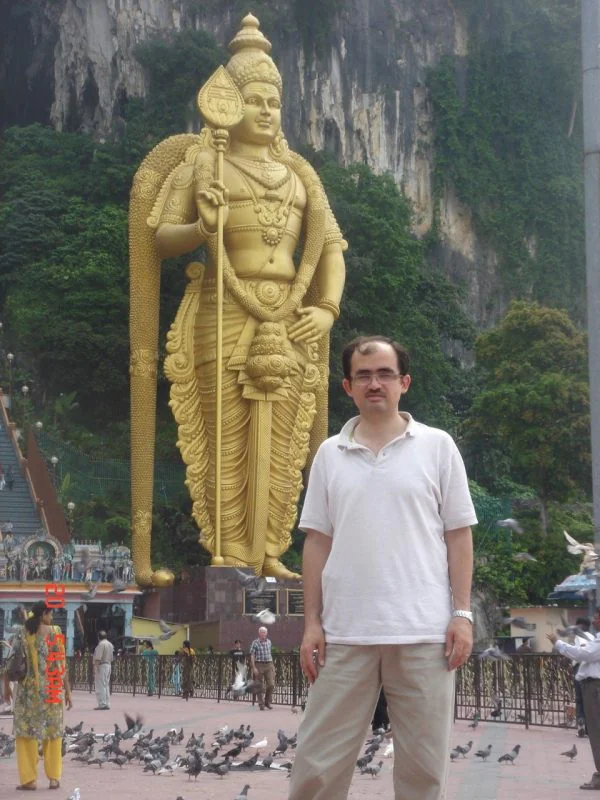
Many big travellers, which are mainly from Western countries, unfortunately, invest a lot of time and money to get into certain countries, such as Syria, because it’s problematic to get there. Do you think there’s something that they could actually do, once they are there for the locals to inspire them to travel more, to tell them stories of travel or to help them in some other way?
That’s very important because we have to always distinguish between the culture, the people and, sometimes, the political violence done by smaller groups.
When you visit Syria for example, you have a lot of nice stories about the country, the cuisine, and the oldest cities in the world. So you should actually talk about this country and how unfortunately it’s being ruined because of the authoritarian regime which is still there.
Same thing when I visited Russia and Ukraine. I mean, San Petersburg is the most beautiful city in Europe. And I feel sad now with all this happening. When I visited Kiev I discovered that it’s a city full of life. I’ve done a lot of research even about the orange revolution in Ukraine. The news only focuses on the conflict, on the bad things happening, because that’s what they do. I mean, if you meet with the reporter, they don’t care if you said, blah blah, good things.
But they care about what makes it interesting, the bad things, that’s what being a journalist is and I understand that, but being a traveller, you have to shed light on the good memories and the time you spent in those countries.
That’s what creates a counter-image of Ukraine today and of the people of Ukraine. In the same way, if you go to Syria, every traveller has a mission to focus, on the good things, on the good memories of those countries.
The only good thing that I see about the Syrian civil war is that the Syrians are now spread around the world. I told you in my first answer how difficult for the Syrians it is to travel. They don’t people to travel. Now the Syrian refugees, according to the UN, are in 136 countries. As one example, my aunt is 72 years old, she’d never left Syria in her entire life and she’s now in Iceland, the country, she even cannot pronounce the name of.
This is, as I see it the positive side of that. I see the positive, side of the Syrians being around the world discovering how things are made in the industry, how things are done in the political systems where you take part in decision making and this is what I’m proud of. All the Syrian refugees around the world, how they’re active on social media, actively hosting each other. If you go to Berlin today, it has more than 140 Syrian restaurants.
They are able actually to open, authentic Syrian restaurants and show the world the Syrian culture and the beauty of the Syrian people and the love they have for the Syrian people. I think, unfortunately, that happened only because of the war. Of course, all their properties, like my house were destroyed. I lost a library which consisted of 40,000 books. I feel sad about the most important values of my library, but at least I see some silver lining to it all.
I think this is now the chance for being around the world and to start a new life. This is why the travellers have the responsibility, and the Syrian refugees also, to show their best of Syria from their hearts and in their language.
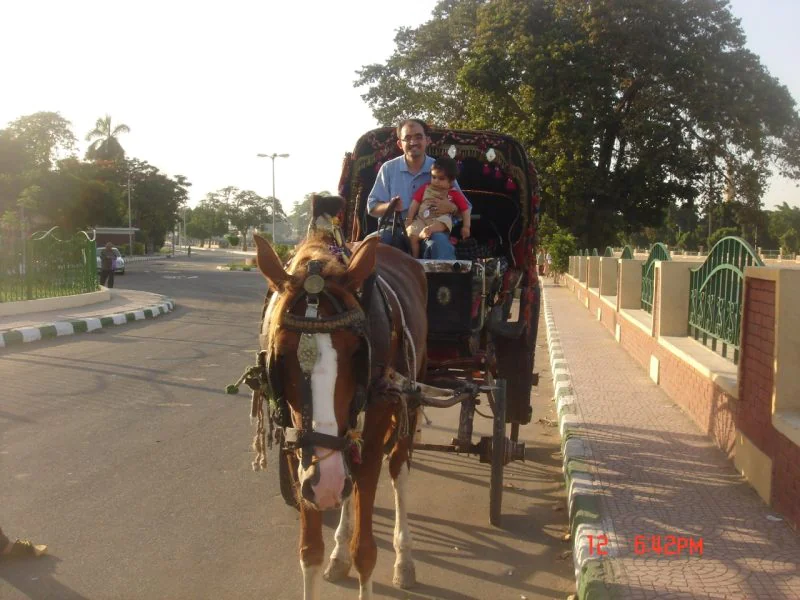
How did your view of the world change with traveling? Did it become better or worse? Is the world better or worse when you travel?
That’s a very important question. In the centre of my principle, as I said, I’m a global citizen. Travelling with the Syrian passport and my work showed me how, because of the past, the wars divided the world on religion bases. Now based on that, your identity depends on that, which passport you’re holding or what life you are living. Especially for those from low-income countries such as Syria or South Sudan. This is what we as travellers should be fighting for, for more equality.
This is why I appreciated your Low Passport Index ranking. It shows better which countries have it more difficult in terms of travel at least. As travellers we should fight for more equal opportunities and for opportunity for everyone, regardless of which passport they have to be able to travel only for the fun of it.
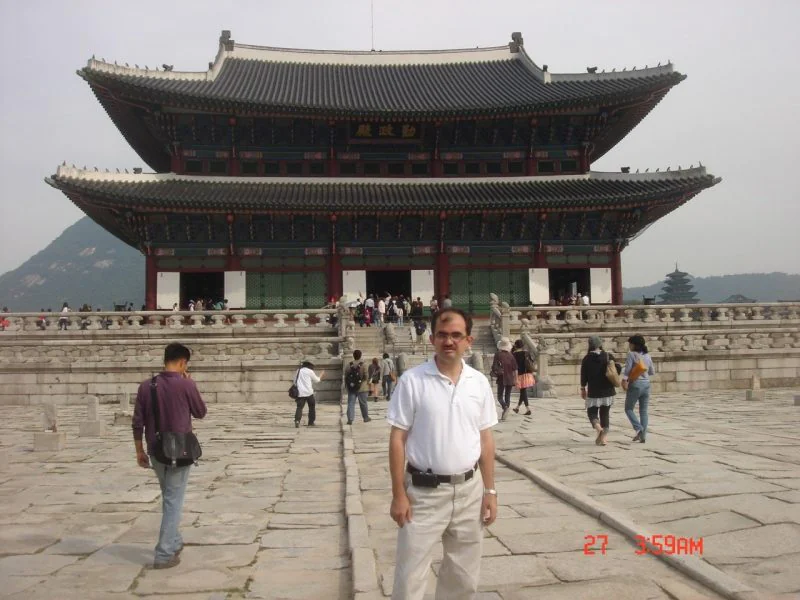
We have a signature question that we ask all of our guests: if you could invite 4 people from any era to dinner, who would your guests be and why?
The first one would be Ibn Battuta to revisit his travels. He is the number one traveller in the world and his book has been translated into many languages. A conversation with him would show how much the world has changed, and how much human beings also changed. Now we are able to go to every spot in the world, whereas he had to travel for three months to Denmark and he lost 36 of his men.
Second, I would invite Syrian refugees to tell them that they are also able to enjoy travel regardless of discrimination and to enjoy it simply. I always expect a secondary line when I land in a country, but I still find the beauty in it.
The third one would be my family. I want them to enjoy, travel and explore. It’s always fun and also a good learning experience.
The fourth one would be someone who also believes they are a global citizen. As Martin Luther King said, “I have a dream…” I have a dream to take all these borders out and I believe in being a global citizen. I believe in my heart that you can do it and at the same time, we should actually learn, what Covid proved, that we are a small world.
Because what happens in China, can affect the whole world within days. That is why my dream is that one day we will have no borders and will be treated equally and your passport will not affect how you are treated.
